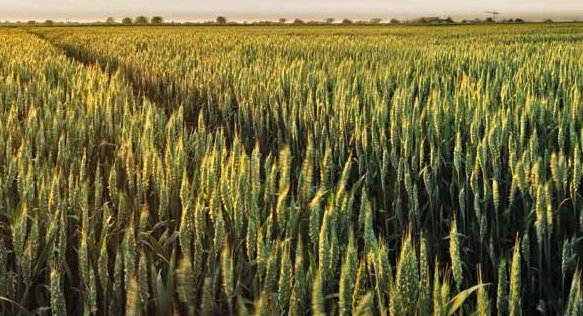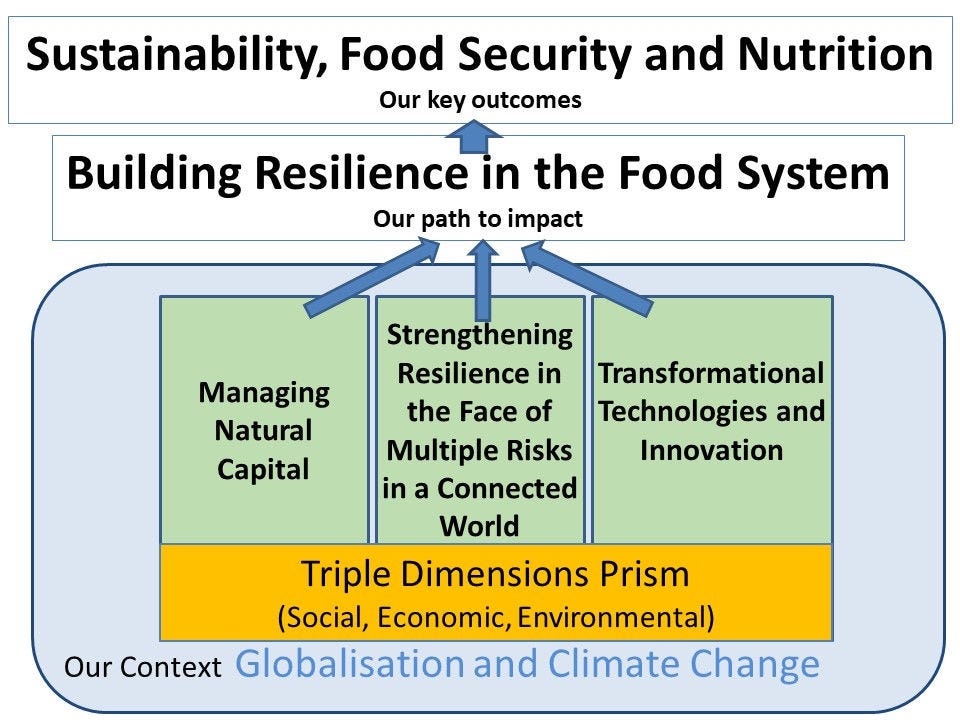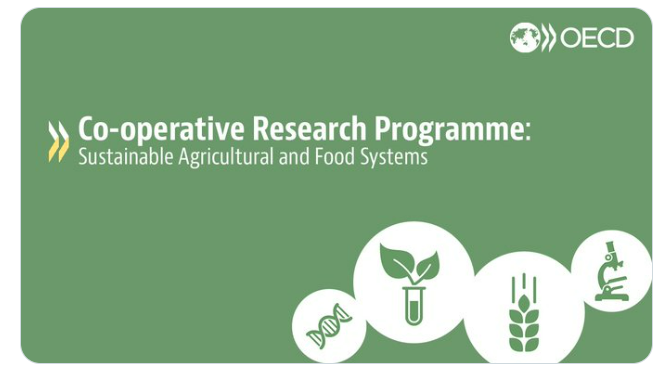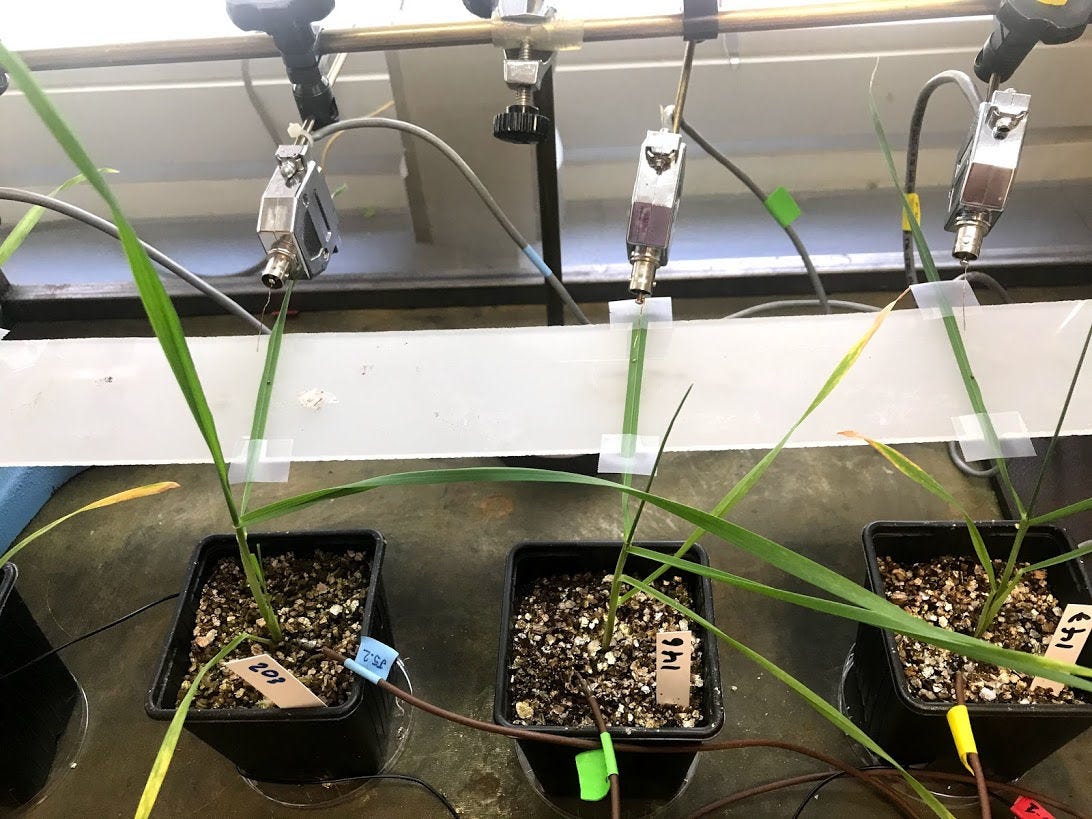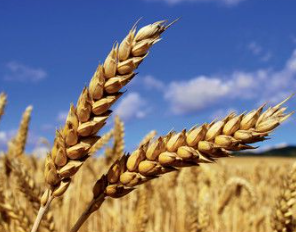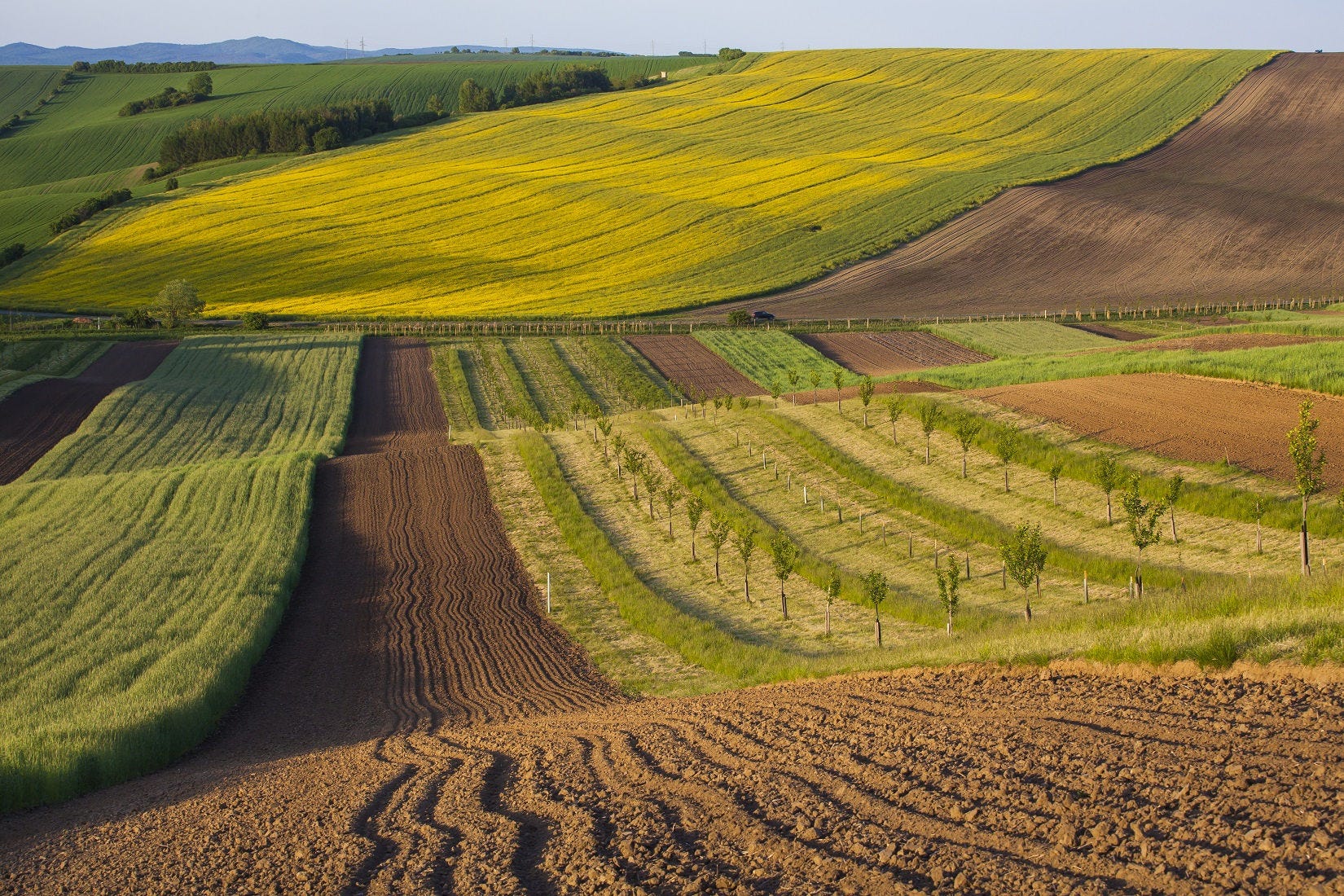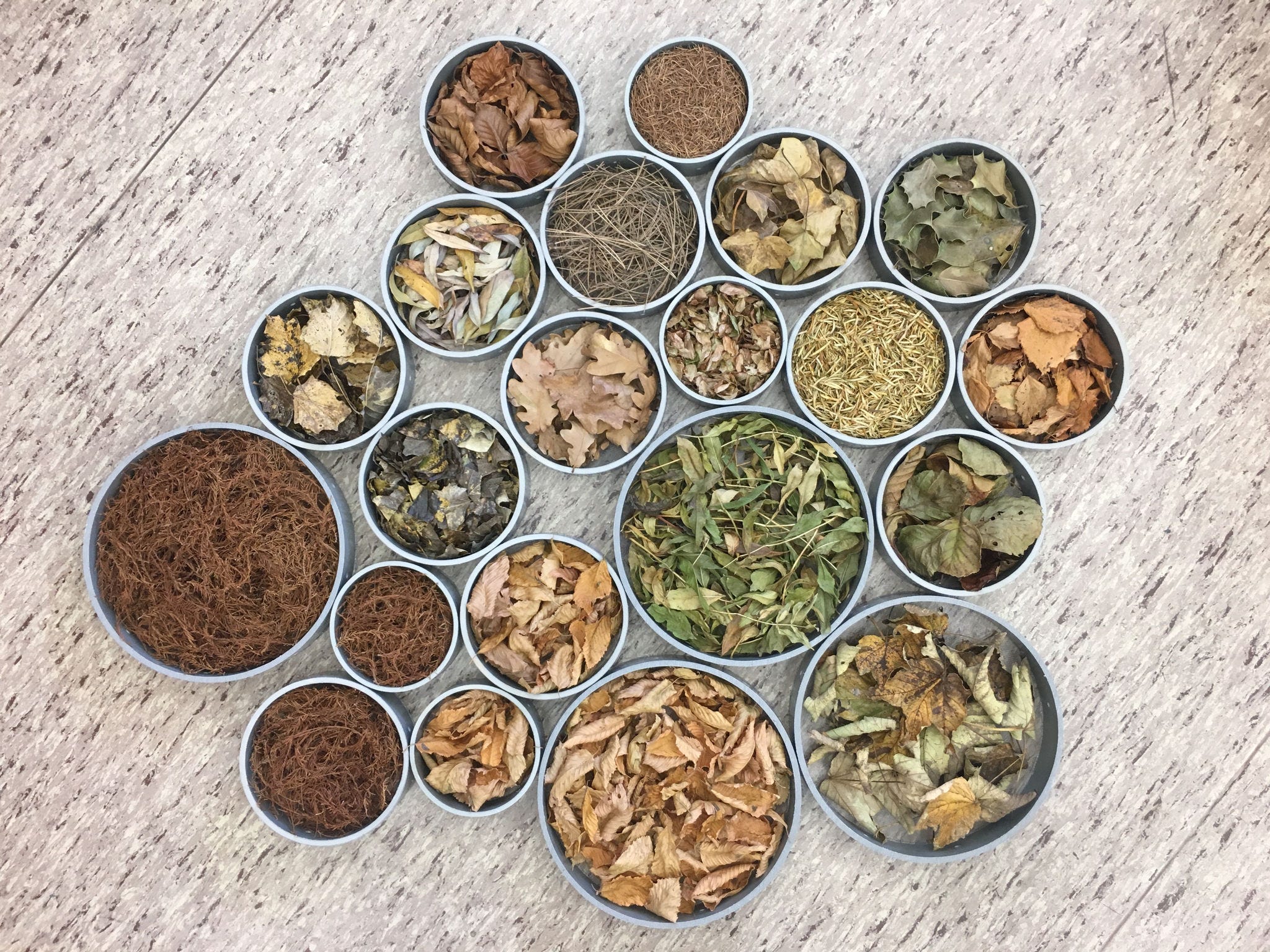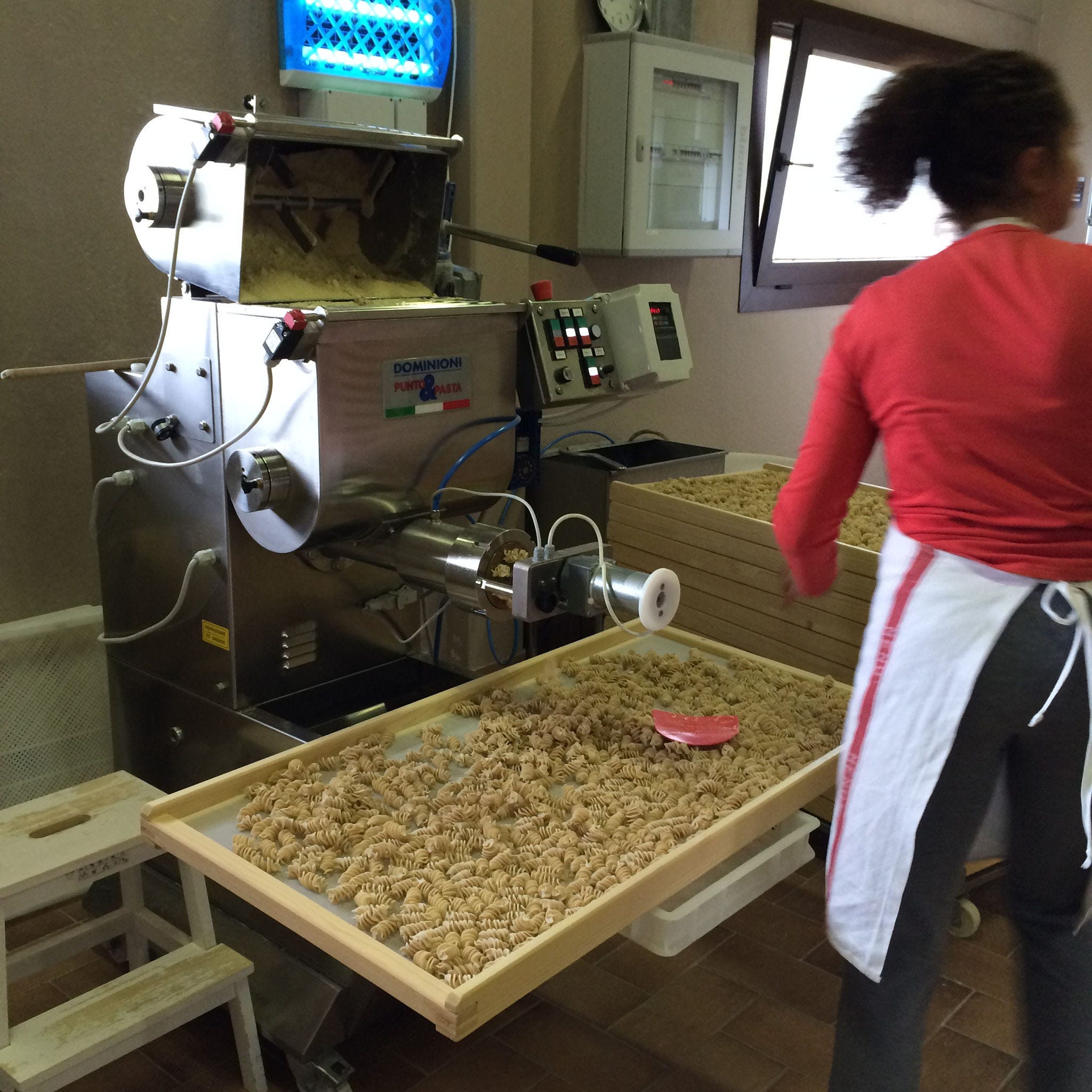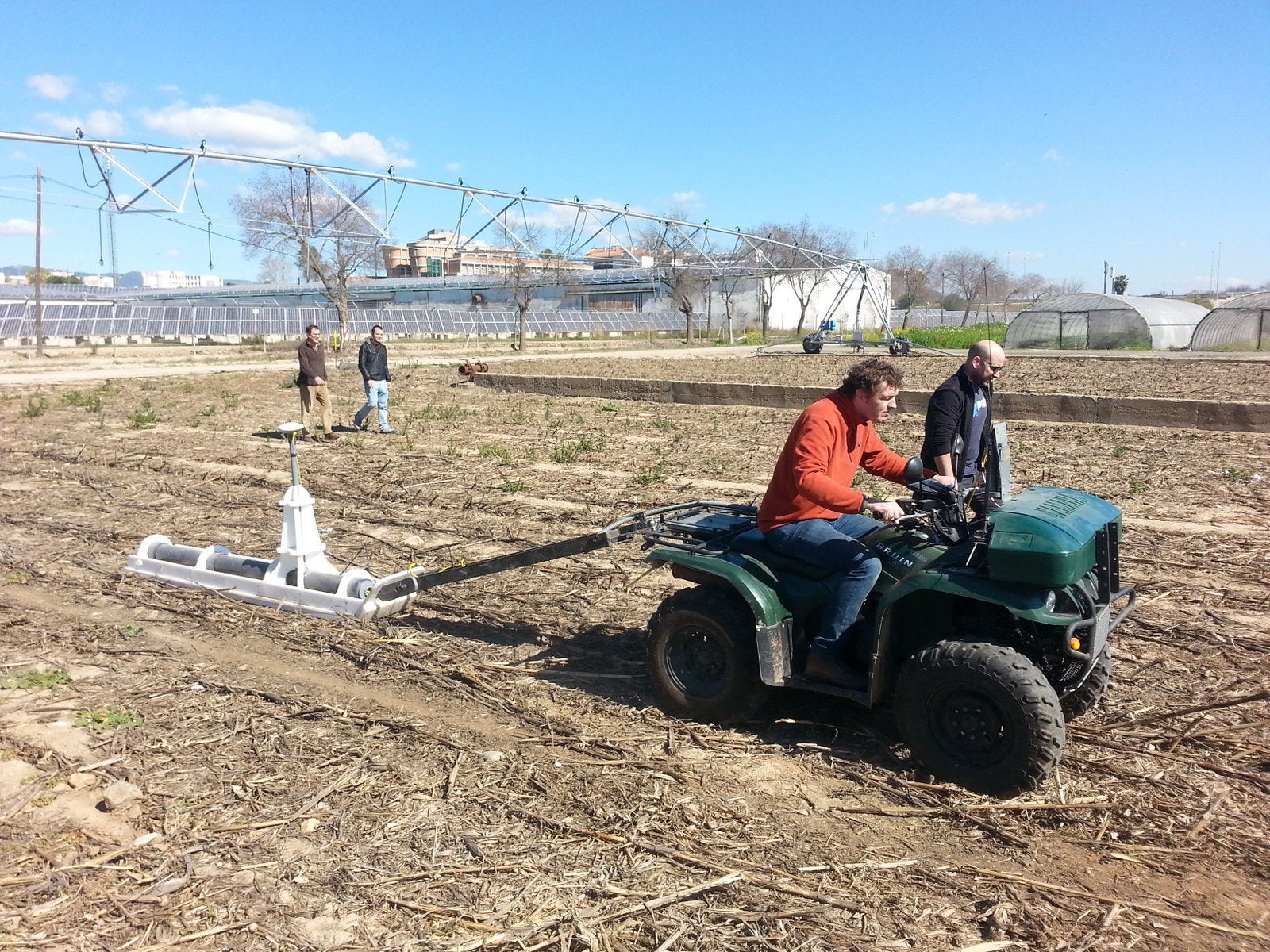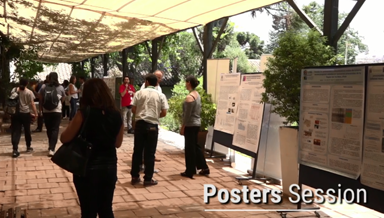8 conferences out of 21 applications received were retained by the CRP for funding in 2024.
» 8th European Veterinary Immunology Workshop (EVIW 2024) | Dublin, Ireland, 4-6 September 2024
Infectious diseases threaten rural communities which are heavily dependent on agriculture and many current disease control measures are societally divisive. Urgent action is required to reduce the burden of disease and thereby support sectoral sustainability. This sustainability will foster improved disease control and animal resilience which secures the food chain and protects human health. While there are many potential routes to improved disease diagnosis, control and therapies, the development of new vaccines is likely to have the greatest impact and therefore this is a central focus of EVIW2024. EVIW2024 will bring together relevant experts with policy makers to help accelerate the translation of the latest science into effective tools on the ground for disease control
» Fertilizers from waste: Recovering and reusing nutrients via circular processing of agricultural residues | Lincoln, USA, 10-12 September 2024
This workshop brings together researchers working on developing innovative new products and building infrastructure to harness the nutrients in manures, biosolids, and other organic materials for use as fertilisers for food crops. The ability to recycle nutrients is key to sustainable agricultural production, however key nutrients from land-applied manures and other agricultural residues are often lost to runoff or volatilisation, devaluing these materials as a fertiliser, and contributing to environmental contamination. The recent focus on the global phosphorus shortage highlights the urgent need for creative solutions to harness and recycle these nutrients. This conference will bring together a mix of engineers, agricultural scientists and practitioners together with stakeholders, such as farmers or biogas producers, and mineral and organic fertiliser producers to discuss the transition from mineral derived fertilisers to waste derived fertilisers. There is growing interest in developing sustainable strategies to do this, however successful on-the-ground implementation will require close collaboration between the engineers and scientists designing the new technologies, and the policy makers designing the new institutional, economic, and legal frameworks required for adoption. This workshop is structured to catalyse long-term professional working relationships between technical and policy experts.
This workshop is timely, given that the EU commission recently announced new rules that prepare the ground for more use of organic and waste-based fertilisers. Other countries are also following the same path. However, the rules and conditions that govern such organic fertiliser safety, quality and labelling remain to be developed and harmonised. The decisions made in this conference will directly guide agro-food policies since participation of local and international agencies, including USDA, will be ensured.
Presentations
» Comparative agroecology: a paradigm to upscale climate-smart food and water system transformations? | Alnarp, Sweden, Postponed to 2025
This conference plans to look at the potential contribution of agroecology to the food systems challenge, taking a comparative approach across OECD countries. Agroecology is defined as the “integration of research, education, action and change that brings sustainability to all parts of the food system: ecological, economic, and social” (Gliessman, 2018). In more specific terms, agroecological practices include crop diversification, intercropping, agroforestry, integrated crop and livestock production, and soil management measures (Bezner Kerr et al, 2021). In line with the ongoing global discussion on the role of agroecology in sustainability transitions, the proposed conference will bring together researchers from OECD countries to discuss the definition of the ‘comparative agroecology’ approach. This conference is a timely effort to approach agroecology as a means to catalyse and upscale food and water system transformations across geographies, and to contribute to climate change policy for agriculture. Thus, the objective of the conference is to produce more nuanced understandings of the potential of agroecology for food and water system transformations and climate policy.
The conference will take advantage of the knowledge and research of both social scientists and natural scientists working at the intersection of agroecology, water management, and food production. Although the importance of society-environment interconnectedness is well recognised within the concept of ‘socio-ecological systems’, this concept lacks specific grounding and tools to enable a truly comparative approach. Hence defining and enabling a ‘comparative agroecology’ approach, through incorporation of a social science lens, will allow the participants to explore more deeply how diverse governance systems, policies, population demographics, etc interact with biotic and abiotic components across agroecological systems.
» ISMOM Soil organics | Tsukuba, Japan, 14-18 October 2024
The objective of ISMOM is to provide a platform for in-depth discussions on the fundamental aspects of soil organic matter-mineral-microbe interactions between scientists and students from soil sciences, chemistry, biology, biochemistry, physics, ecology or environmental sciences. Soil organic matter is important both in the context of food security and in the context of climate change mitigation and adaptation. Soil organic matter in large part determines soil fertility and water holding capacity, properties important to food and fiber production. Soils also contain more carbon than the atmosphere and aboveground vegetation combined. Therefore, from the perspective of climate change projections, understanding the properties and processes driving soil C accumulation or loss are of the utmost importance. To implement policies of enhancing soil C and its persistence, however, we need to have a better understanding of how soil C is stabilised and decomposed and also carefully assess the long-term consequences to the soil ecosystem. For instance, there is still a debate regarding whether soil’s capacity to store C has a limit (C saturation) and, if so, what soil property controls it. Answers to these questions have direct impact on soil management policies. This symposium will discuss these issues and plan to identify the knowledge gap (e.g., what policy makers want to know and what scientists know).
» Antimicrobial resistance and wastewater reuse in agriculture | Dijon, France, 22-24 October 2024
Antimicrobial resistance (AMR) is an important global public health challenge. It is estimated that in 2019 antibiotic-resistant infections contributed to the death of 5 million people. If the current rate of resistance development is left unchecked, by 2050 mortality due to resistant infections will outstrip those due to all cancers combined. Mitigating the pace of AMR development will require action across the One Health continuum, in the human, agricultural and environmental realms.
Effluent from wastewater treatments plants is increasingly being used to irrigate crops. Effluent can contain antibiotics and other chemicals, and antibiotic-resistant bacteria that are shed by people. There is therefore the potential that consumers eating raw vegetables or fruits are irrigated with effluent will be exposed to antibiotic-resistant bacteria.
Irrigation with reused wastewater may increase the reservoir of AMR in crop production systems, and increase the likelihood of transmission to humans via contaminated foodstuffs, in particular vegetables or fruits that are eaten raw. Within this context, the aim of this workshop is to review the current state of knowledge and identify gaps regarding risks related to the reservoir of AMR in plant-based food production systems, what impact wastewater reuse might be having on that reservoir, and the risks of AMR transmission to humans through consumption of vegetables or fruits produced in these systems, with the overt objective in this workshop of having a dialogue between the science and regulatory and policy communities so that each understands the needs and knowledge of each.
» Measuring agricultural sustainable productivity: data, methods, practices and policies | OECD, Paris, France, 28 October 2024
Around the world, food systems are facing a triple challenge: ensuring food security and nutrition for a growing population, supporting the livelihoods of millions of farmers and others in the food chain, and doing so in an environmentally sustainable way. Measuring the performance of countries in terms of agricultural productivity and sustainability in a consistent manner is the first step to make sure that food systems move in the right direction, and to understand how natural capital is managed in relation to economic performance. However, there are not many indicators that capture the complexity and multifaceted character of agriculture’s triple challenge. This workshop seeks to trigger a fruitful conversation between policymakers and experts focused around questions about measuring success or progress on sustainable productivity. The measurement is the first step to grasp the impact of different policies, practices and innovations on sustainable productivity, and what are the innovations, practices and policies in agriculture that best work to respond to the triple challenge. Having robust and agreed measures of sustainable productivity will allow governments to better target and design their policies guided by performance, and scientists working on innovations in agriculture to use the same indicator to benchmark those innovations according to their contribution to sustainable productivity and the different aspects of the triple challenge
» Bridging selective breeding and cutting-edge biotechnologies: transformative technological innovations for strengthening aquaculture resilience | Tokyo, Japan, 28-30 October 2024
To meet the increasing global food demand, aquaculture production has been growing steadily. However, this expansion can impose negative impacts on the environment. Therefore, it is important to prioritise the innovation of transformative technologies that can simultaneously increase productivity and strengthen the long-term sustainability of the industry. One such promising avenue is selective breeding. Selective breeding exploits natural polymorphisms and genetically improves economic traits such as growth rates, disease resistance, and food conversion efficiency. These advances, in turn, can help reduce feed consumption, nitrogen/phosphate emissions, and reliance on pesticides and vaccines. Selective breeding also holds the promise of producing new breeds that are resilient to climate change. Biotechnology, such as gene editing and surrogate breeding technologies, is another powerful tool in the development of new breeds. However, such a new technology must be responsibly regulated, necessitating the engagement of policy makers and experts on the ethical, legal, and social aspects of its development. With this in mind, we propose a conference for the exchange of knowledge between professionals and policy makers in these fields. It is expected that the resulting knowledge exchange and discourse will provide policy makers with the basis for formulating comprehensive, science-based policies. These policies will stimulate further investment in research and development of transformative technologies that simultaneously improve the productivity and the sustainability of aquaculture simultaneously. This conference will be an important step towards the innovation of such a transformative technology, in line with the Sustainable Development Goal of creating a better world.
» OECD workshop on critical innovations in pesticides safety testing and chemical risk assessment, for developmental neurotoxicity (DNT) | OECD, Paris, France, 28-30 October 2024
This workshop will focus on critical innovations in safety testing and chemical risk assessment, with special attention on chemical exposure, food safety, and developmental neurotoxicity-DNT- hazard assessment of chemicals and pesticides. Chemicals with hazardous properties can cause harm to human health and the environment. In order to develop and deploy the sustainable chemicals that enable the green and digital transitions and to protect the environment and human health, in particular that of vulnerable groups (i.e. pregnant and nursing women, the unborn, infants and children, the elderly people as well as workers and residents subject to high and/or long term chemical exposure), innovation for the green transition of the chemical industry and its value chains must be stepped up. Ensuring the protection of the health of humans, animals, plants and the environment is one of the key components of the European Green Deal, alongside the Biodiversity Strategy for 2030 and the Chemicals Strategy for Sustainability. The European Green Deal has also set a goal to protect better human health and the environment as part of an ambitious approach to tackle pollution from all sources and move towards a toxic-free environment.
The desired outcome of this workshop is to improve the efficiency of regulatory processes by implementing non-animal testing methods for developmental neurotoxicity risk assessment of chemicals and pesticides in particular. The increased investment and innovative capacity of the chemicals industry to provide safe and sustainable chemicals will be vital to offer new solutions for the green and digital transitions of our economy and society. However, chemicals with hazardous properties can cause harm to human health and the environment. It is clear that the existing chemicals and pesticides policy must evolve and respond more rapidly and effectively to the challenges posed by hazardous chemicals. This workshop will increase policy makers’ understanding and support for appropriate test guidelines for faster and cheaper risk assessment methodologies to be applied to pesticides and chemicals in general.
